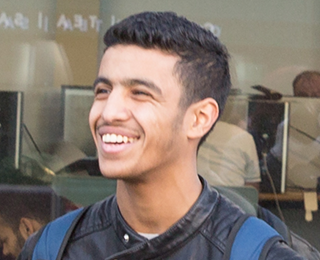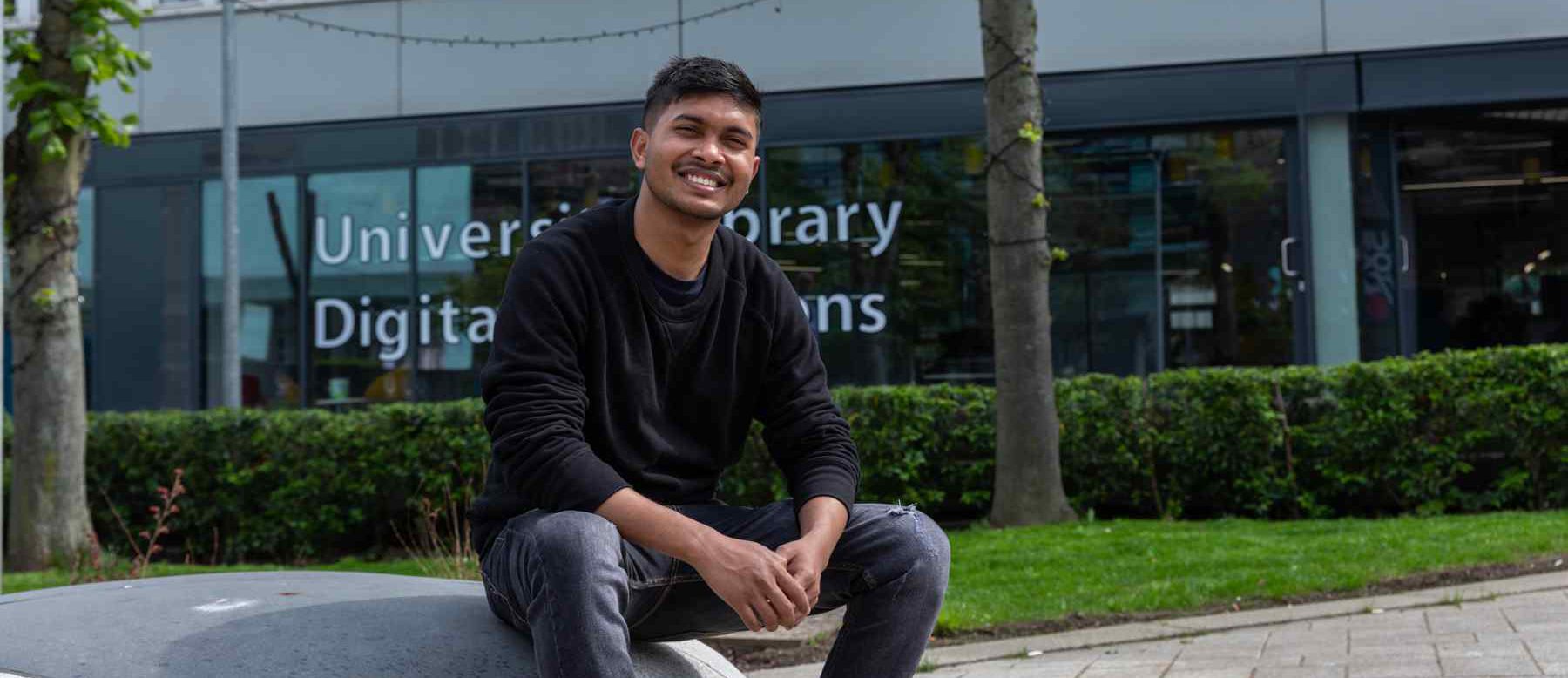Foundation - NQF Level 3
International Fee:
£20,750 (12 months) £16,750 (9 months) £11,250 (6 months)
Undergraduate degrees in Humanities and Social Sciences
5 GCSE/iGCSE passes at grade A-C, or equivalent
From IELTS 4.5 with no single element below 4.0, or equivalent, from a UKVI Approved centre
12, 9 or 6 months
16-18
18
Coursework - portfolios, presentations, essays and in-class tests
Available
Not available
January, March, October





